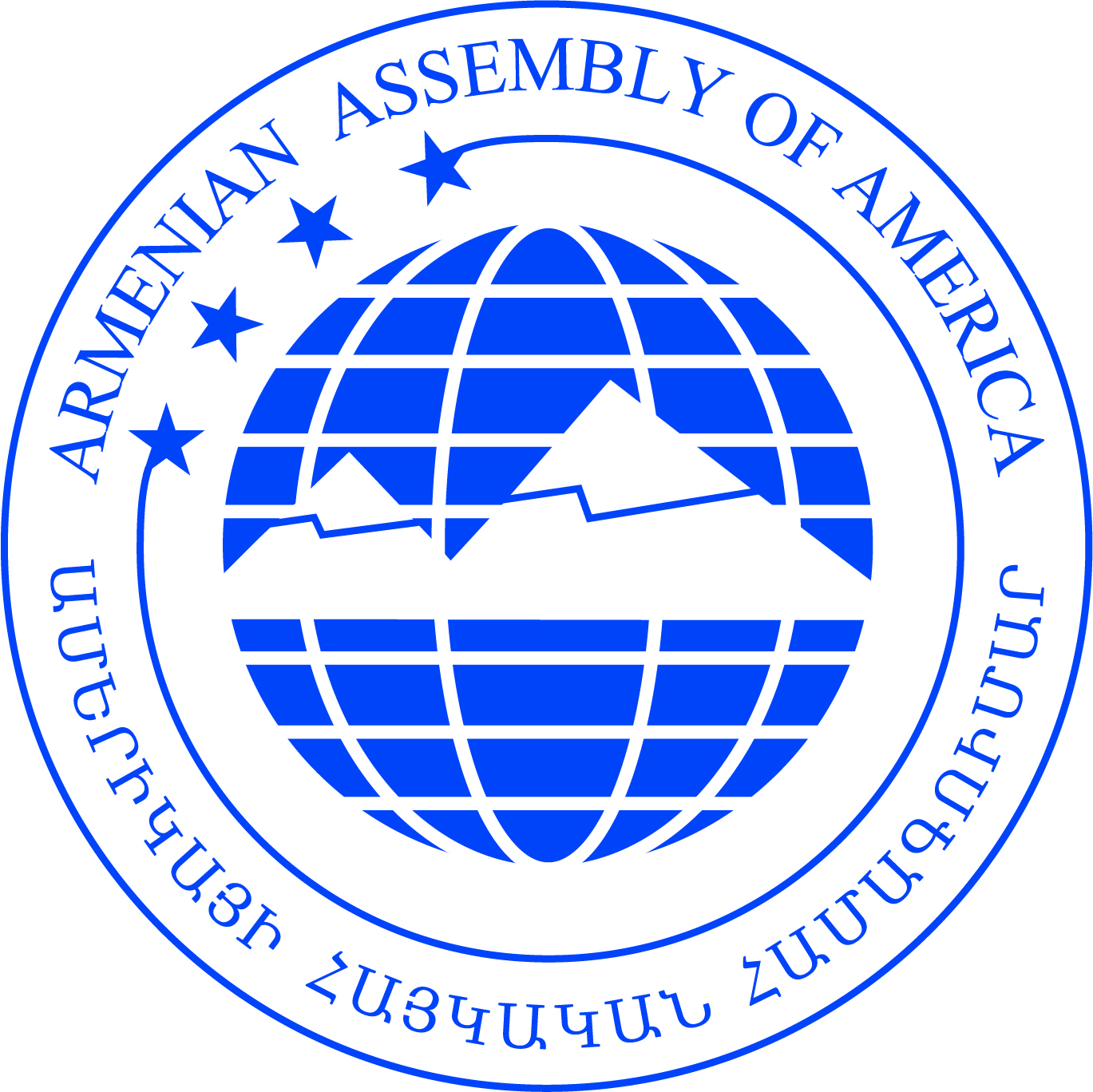WASHINGTON, D.C. – Last week, the U.S. House Appropriations Committee approved the Fiscal Year (FY) 2018 State, Foreign Operations, and Related Programs (SFOPS) Appropriations Bill, the Armenian Assembly of America (Assembly) reported. In total, the bill provides $47.4 billion in funding for SFOPS, which is $10 billion less than FY17. The bill maintains Section 907 of the FREEDOM Support Act and includes language for aid to nations hosting Syrian refugees.
The SFOPS Report highlighted the need for additional assistance to “vulnerable populations in Syria and in neighboring countries,” comprised of Syrian refugees, Christians, and other minorities affected by the Syrian civil war and persecuted by the Islamic State (ISIS). The Committee raised concerns regarding “the lengthy displacement of Syrians and the ongoing burden they face, as well as the continued strain Syrian refugees are placing on host communities.”
“We commend the House Appropriations Committee for emphasizing the importance of humanitarian aid for both refugees and the nations hosting them,” Assembly Executive Director Bryan Ardouny said. “To date, Armenia has welcomed over 22,000 refugees from Syria who have escaped with their families. As conditions worsen in Syria, Armenia continues to serve as a sanctuary for persecuted Christians and other at-risk groups escaping genocide and violence in the Middle East. As the humanitarian crisis in Syria continues, we must ensure that relief aid reaches those in need, which includes Armenia as a host nation for refugee resettlement,” he added.
Referencing the designation of genocide committed against religious minorities in Syria and Iraq by Islamist extremists made by Secretary of State John Kerry on March 18, 2016, the bill allocates funds to “be made available for programs to protect vulnerable and persecuted religious minorities.” This includes programs authorized by H.R. 390, the Iraq and Syria Genocide Emergency Relief and Accountability Act of 2017, which the Armenian Assembly strongly supported, and was unanimously adopted by the House of Representatives on June 6, 2017. The Committee recommends not less than $10 million to be made available for programs to protect vulnerable and persecuted religious minorities. In addition, the bill states that $10 million should also be made available for international religious freedom programs.
The House Report also incorporated a section on Genocide Victim Memorial Sites and Tribunals, where funds are appropriated “to establish and maintain memorial sites of genocide” in Europe, Eurasia, and Central Asia.
“The Armenian Assembly will continue to push for additional assistance. Despite reductions across the board, it is imperative that Armenia and Artsakh have the resources necessary to address the compelling humanitarian needs as a result of the current refugee crisis as well as Azerbaijan’s ongoing and deadly ceasefire violations,” Ardouny stated.
Although the President’s budget cut aid to Azerbaijan, it also sharply reduced proposed aid to Armenia. The President’s budget request for Armenia included $4 million in Economic Support and Development Fund, $1.5 million for International Narcotics Control and Law Enforcement, and $700,000 for Nonproliferation, Antiterrorism, Demining, and Related Programs. The House Subcommittee on Europe, Eurasia, and Emerging Threats will hold a hearing tomorrow entitled “Examining the President’s FY 2018 Budget Proposal for Europe and Eurasia” for further discussion.
With action in the House Appropriations Committee completed, attention turns to the Senate Appropriations Committee, where a mark-up of its version of the bill is pending.
The Assembly submitted testimony earlier this year to the House Appropriations State, Foreign Operations, and Related Programs Subcommittee highlighting key areas of concern, including the ongoing Turkish and Azerbaijani blockades, the need for continued and robust funding as well as safeguarding of Christian minorities at risk in the Middle East, and support for a second U.S.-Armenia Millennium Challenge compact.
On March 17, Armenian Caucus Co-Chair Rep. Frank Pallone, Jr. (D-NJ) and House Intelligence Committee Ranking Member and Armenian Caucus Vice Chair Rep. Adam Schiff (D-CA) provided testimony in support of aid to Armenia and Artsakh as the Administration first released the budget blueprint for FY18. They also signed a bipartisan letter, initiated by Rep. Pallone, on March 30 advocating “to advance U.S. interests by strengthening Armenia’s independence, promoting peace in Nagorno-Karabagh, and supporting Armenia as a regional safe haven for at-risk Middle East refugees” with Armenian Caucus Co-Chair Jackie Speier (D-CA) and 22 other Representatives.
Spearheaded by Rep. Anna Eshoo (D-CA), 27 Members of Congress sent a letter last month to House Appropriations SFOPS Subcommittee Chairman Rep. Hal Rogers (R-KY) and Ranking Member Rep. Nita Lowey (D-NY) expressing concern about the 67 percent reduction in foreign aid to Armenia.
“At a time of tremendous global uncertainty, the U.S. should continue to foster the progress of its allies, not retreat from its responsibilities as the world’s leading democracy. As the U.S. and Armenia commemorate the 25th anniversary of diplomatic relations, we urge the committee to reject the harmful cuts to U.S. aid to Armenia proposed by the President’s FY18 budget,” the Representatives stated in the letter.
The FY 2018 State and Foreign Operations Bill – Full Committee Draft is available here.
The FY 2018 State and Foreign Operations Bill – Full Committee Report is available here.
The Armenian Assembly of America’s FY 2017 Testimony is available here.
Established in 1972, the Armenian Assembly of America is the largest Washington-based nationwide organization promoting public understanding and awareness of Armenian issues. The Assembly is a 501(c)(3) tax-exempt membership organization.





















































